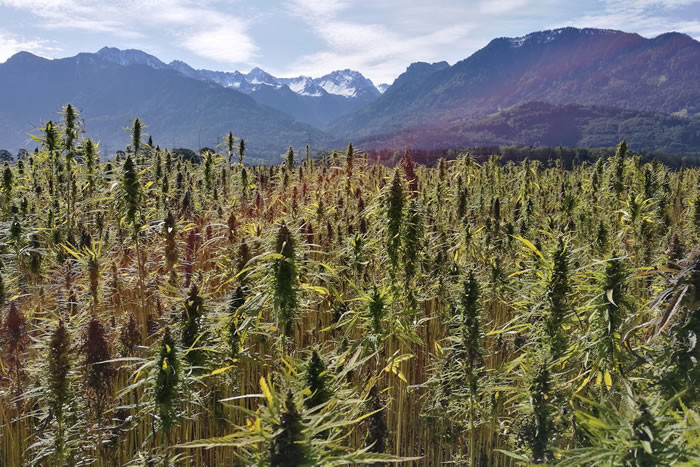
What Is Cannabidiol (CBD) and the Health Hype?
Whether you live in one of the states that have legalized recreational marijuana--such as Colorado or Oregon--or not, there’s a very strong chance that you know people who use cannabidiol (CBD). In fact, you may even be a CBD user yourself.
The CBD hype has hit Americans with full force, and in 2019, one can find CBD just about everywhere and in just about everything, from creams and lotions to candies to bath salts and more. But what is cannabidiol, and are its benefits really worth all the fanfare?
What Is CBD?
CBD, as mentioned above, is sort for cannabidiol. And while CBD does come from the cannabis plant, CBD is not psychoactive, which means that it will not result in a feeling of being high or stoned. In fact, studies show that CBD can even counteract the effects of tetrahydrocannabinol (THC), which is the cannabinoid that results in the psychoactive “high” effect.
CBD is primarily found in extractions from hemp (a term that is typically used to refer to varieties of cannabis that are cultivated for non-drug use purposes). And while CBD has the exact same chemical makeup as does THC (21 carbon atoms, 30 hydrogen atoms, and two oxygen atoms), the difference in the effect that they have on the body comes down to the arrangement of a single atom.
Federal Regulations and CBD (Yes, It’s Legal!)
While CBD and THC may be similar in many ways, including the fact that they may both have significant health benefits, the law treats these two substances very differently. In fact, federal law completely prohibits the use of THC. However, the 2018 farm bill signed by President Trump made hemp-derived CBD legal at the federal level. (The bill also made it legal for farmers to grow hemp for commercial purposes).
The Rumored Benefits of CBD
The fact that CBD is now legal is very exciting for farmers and CBD users, especially as the health benefits of CBD become more celebrated. Indeed, CBD sales are predicted to reach $22 billion by 2022, according to some projections. So what’s all the hype about?
Those who use CBD often swear by its effectiveness in treating a myriad of different conditions, both physical and psychological. To be sure, some of the claimed benefits of CBD include:
- Pain relief;
- Anxiety treatment;
- Depression treatment;
- Alleviation of cancer-related symptoms;
- Acne reduction;
- Neuroprotective benefits;
- Heart health benefits;
- Anti-inflammatory properties;
- Diabetes risk reduction benefits; and
- Alleviation of multiple sclerosis-related symptoms such as muscle spasms and pain.
CBD has also been used for years as a treatment for epilepsy. In fact, the FDA has even approved a prescription CBD concentrate for the treatment of two rare forms of epilepsy.
Are There Any Risks?
The jury is still out on whether or not there are any serious risks associated with using CBD, and it should be noted that many of the rumored benefits listed above are supported by some medical studies--and plenty of patients’ testimonies--but are not proven. While there appear to be no immediate and serious risks associated with CBD use, there are some minor side effects that have been linked to CBD use, such as diarrhea, nausea, and changes in weight or appetite. There are currently no studies available that consider the long-term effects of CBD use.
Where Can I Buy CBD?
Depending on where you live, you may be able to buy CBD right in the grocery store. There are also a number of online distributors that are selling CBD for home delivery. Before you buy a CBD product, do your research. Not all products may have as much CBD in them as they claim, and are falsely advertised. One tip is to buy from companies in states that have legalized recreational or/and medical use of marijuana and CBD, as these states tend to have stricter regulations for these products, and therefore there is a greater chance that you’re getting an authentic, full-spectrum CBD product.
Stay in the Know
As more studies are conducted about CBD, more people use CBD to treat various maladies, and regulations regarding CBD change and evolve, staying up-to-date on current research and trends is important if you’re a CBD user or potential user. If you’re thinking about trying CBD, listen to your body and find what CBD-containing products work best for you. And remember, while CBD may be legal, THC is illegal per federal laws, and may also be illegal in your state.
Production Lead at CURED Nutrition
4y@curednutrition